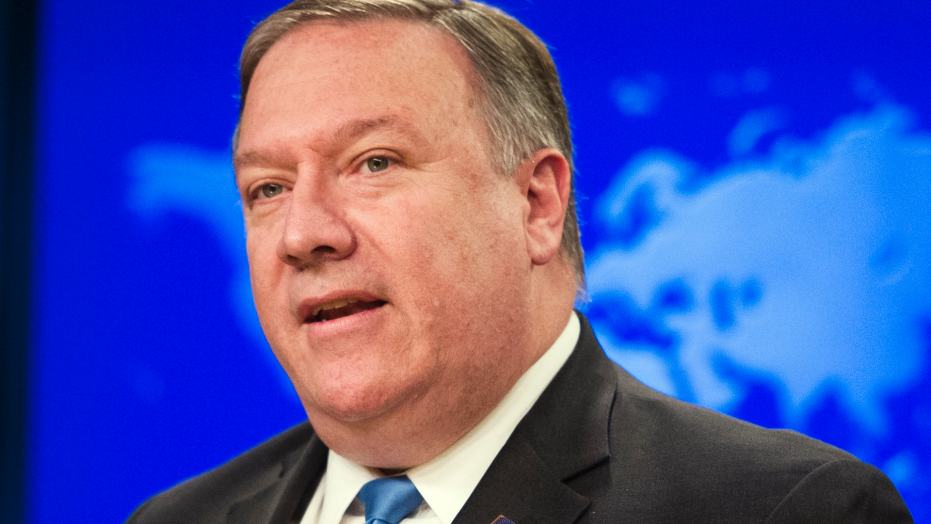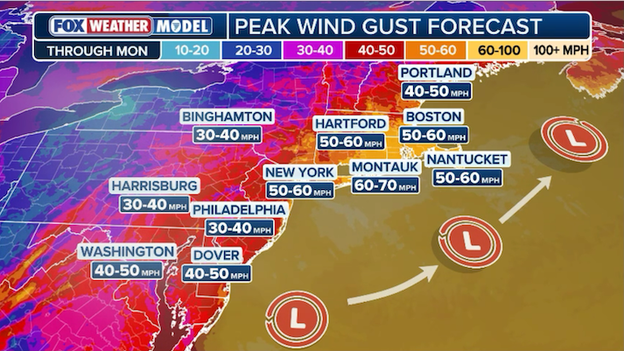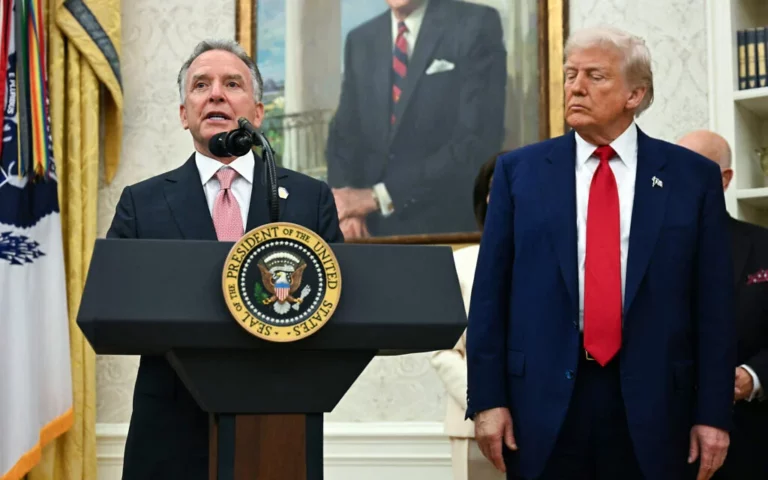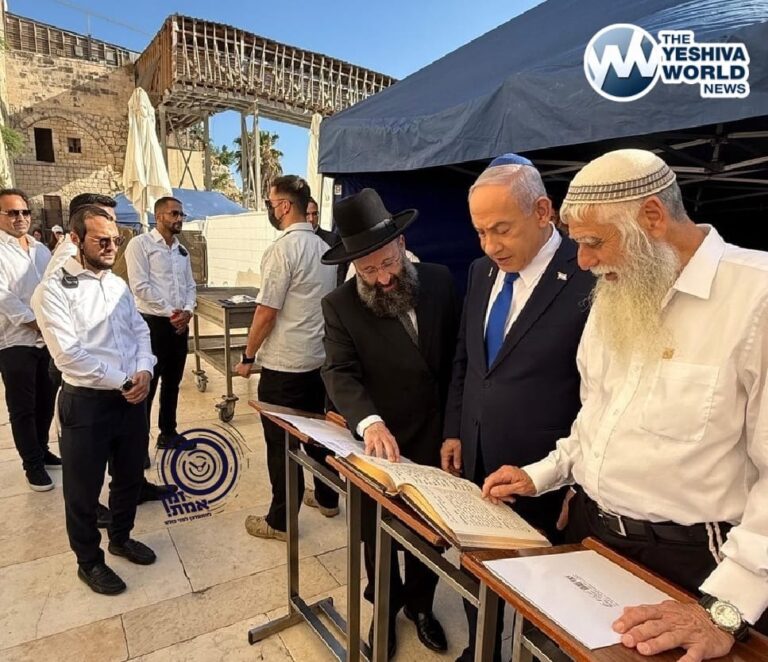U.S. Secretary of State Mike Pompeo arrived in Pakistan on Wednesday at a time when relations between the two countries have sunk to a new low.
The United States last weekend canceled a $300 million Coalition Support Fund payment to Pakistan and on board the plane to Pakistan, Pompeo announced his appointment of an unpopular figure in Pakistan, Zalmay Khalilzad, as the new U.S. special adviser on Afghan reconciliation.
Pompeo said he wanted to “reset” strained relations with Pakistan, but the appointment of Khalilzad could complicate his job.
“He has been very critical of Pakistan in the past and his appointment will not help move things forward,” said Zahid Hussain, defense analyst and author of two books on militancy in the region:
Khalilzad was born in Afghanistan and served as U.S. special envoy to the country following the collapse of the Taliban from 2001-2003 and then as U.S. ambassador to Afghanistan from 2003-2005.
He has been critical of Pakistan, often blaming Afghanistan’s deteriorating security and country-wide chaos on Pakistan’s military and powerful ISI intelligence agency, accusing them of harboring and aiding Taliban insurgents.
Khalilzad has been criticized for his role in cobbling together an Afghan government of warlords headed by Hamid Karzai following the Taliban’s collapse. Afghanistan’s corruption-plagued government and, by some accounts, poorly trained Afghan National Security Forces have frustrated Afghans and contributed to the country’s deteriorating security situation.
Pompeo met Pakistan’s newly elected Prime Minister Imran Khan who said he was “optimistic” the two countries might be able to “reset” their troubled relationship.
“You know I’m a born optimist. A sportsman always is an optimist. He steps on the field and he thinks he’s going to win,” said Khan, who is revered in Pakistan for his former cricket stardom. He led Pakistan’s cricket team to the championship of the 1994 World Cup competition, played only every four years.
There were no immediate details about the talks.
Foreign minister Shah Mehmood Quereshi termed his separate meeting with Pompeo as “excellent.” Both he and Pompeo said they were “pleased” with their meeting but offered no details.
During his visit to Pakistan, expected to last only a few hours, Pompeo will also meet the country’s powerful army chief Qamar Javed Bajwa..
Afghanistan and the prospects of a negotiated end to the war are likely to dominate talks before Pompeo leaves later Wednesday for neighbor India.
Although neither the U.S. nor Pakistan can afford a complete rupture in relations, Hussain said Islamabad is frustrated that the relationship has been reduced to a single point agenda: Afghanistan.
“The United States seems only to see Pakistan through the prism of Afghanistan,” he said. “The main thing is we would like to be allies with the U.S. but with dignity.”
Speaking to reporters on his plane Tuesday, Pompeo was conciliatory. He said he wanted to visit Khan at the beginning of the former cricket star’s tenure “in an effort to reset the relationship between the two countries.”
“We have worked closely with the Pakistanis in my role as CIA director, our teams have been working together for a long time,” said Pompeo, former chief of the U.S. spy agency.
“I hope we can turn the page and begin to make progress, but there are real expectations. We need Pakistan to seriously engage to help us get to the reconciliation we need in Afghanistan,” Pompeo said.
As an opposition leader, Khan often chastised Pakistan’s reliance on U.S. financial assistance. He briefly stopped trucks supplying fuel and other goods to U.S. and NATO troops from crossing into Afghanistan to protest U.S. drone strikes in Pakistan’s tribal regions that border Afghanistan.
In a speech following the July 25 elections that propelled Khan to power, Khan said Pakistan would not participate in the U.S. war on terror, saying it was not Pakistan’s role to fight, instead advocating a peaceful end to the protracted war in Afghanistan.
Khan has flatly rejected a U.S. strategy that advocates a heavy military hand to force Afghanistan’s Taliban to the negotiating table.
(AP)











